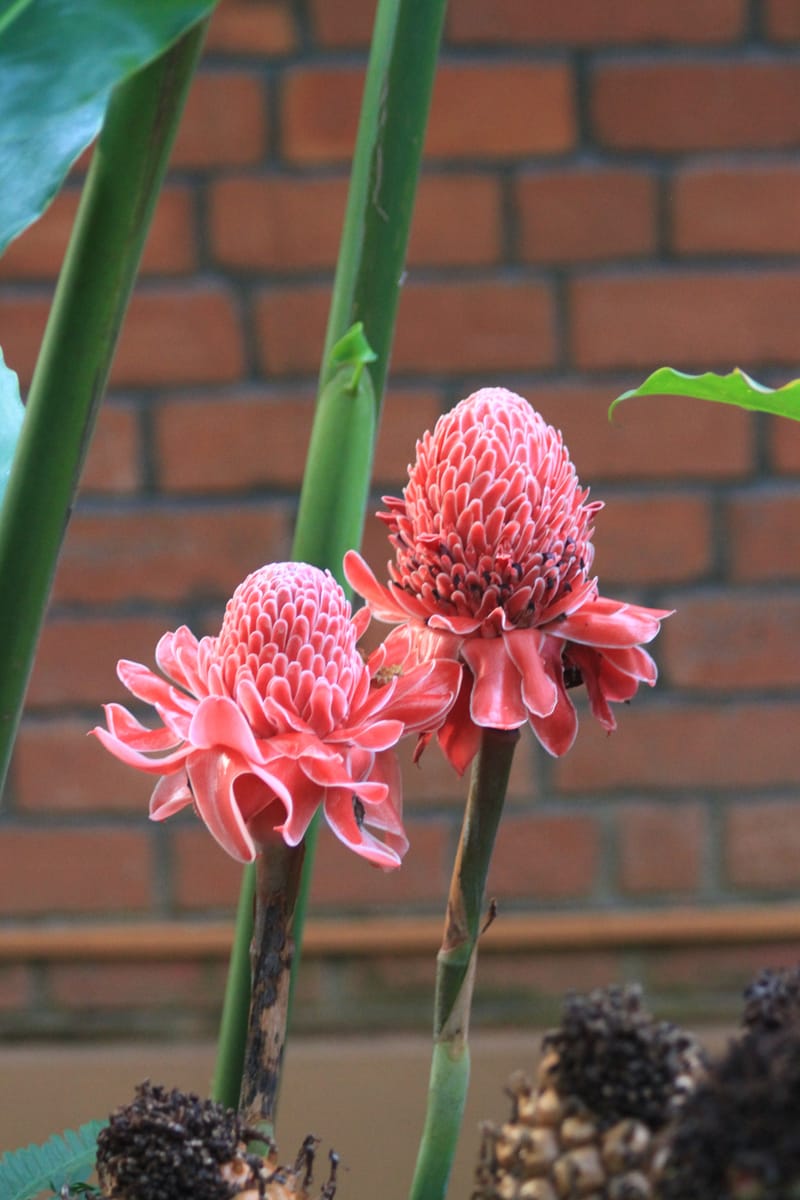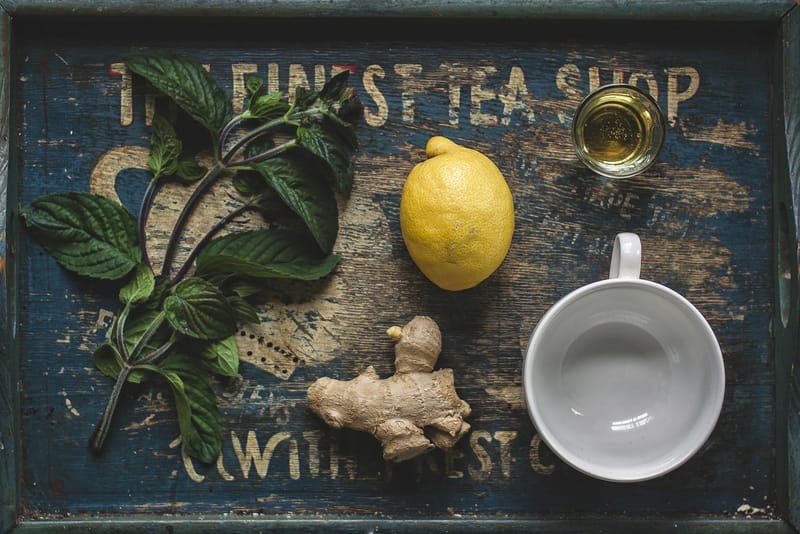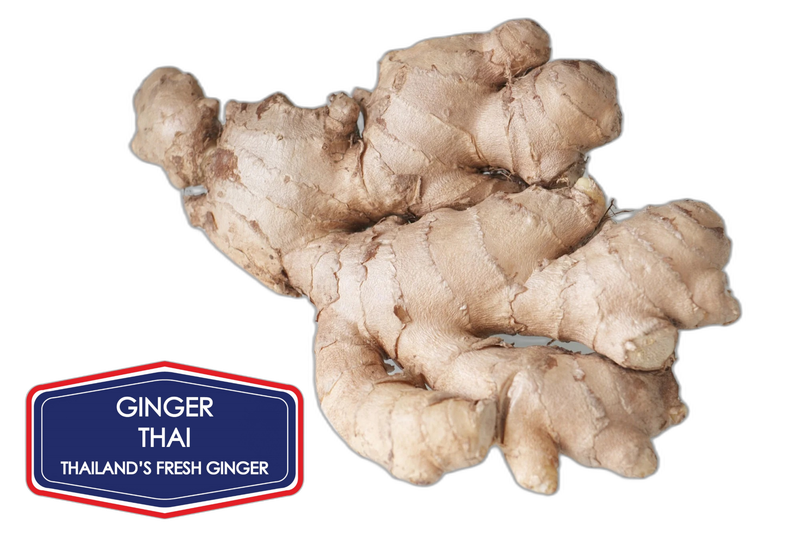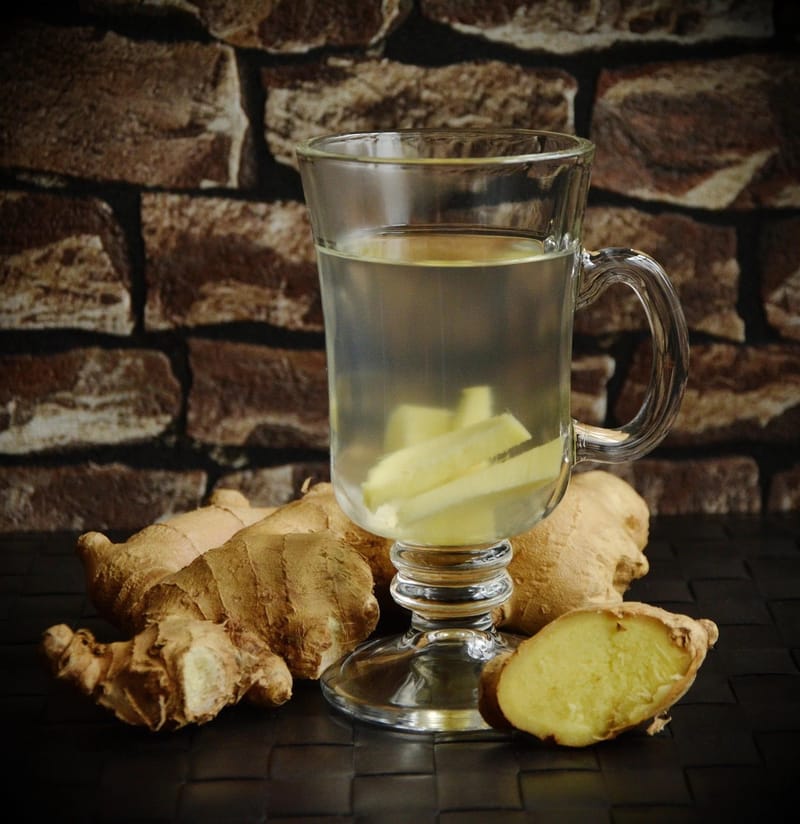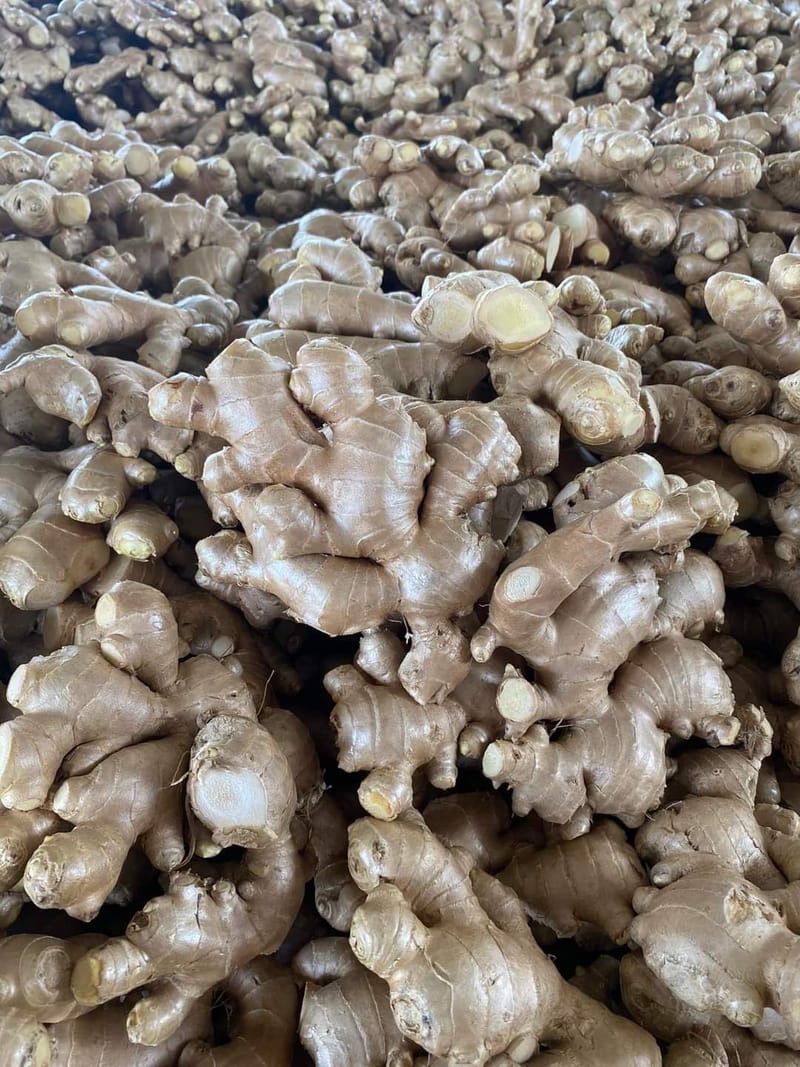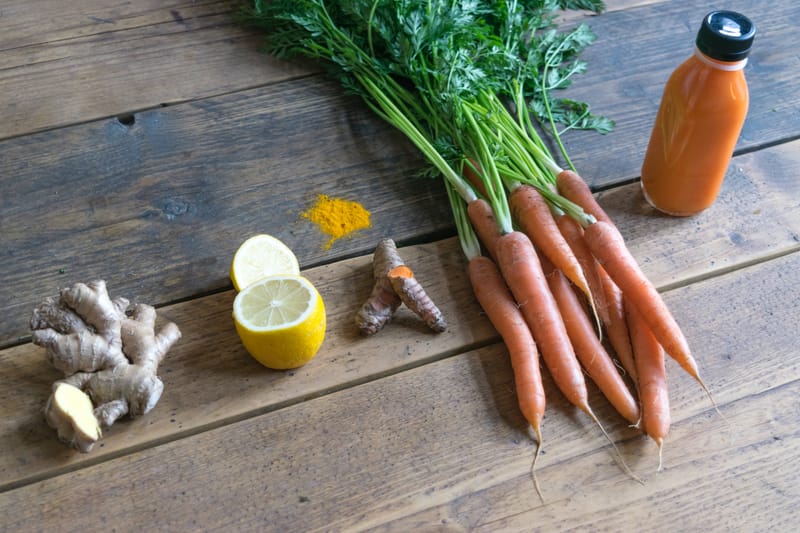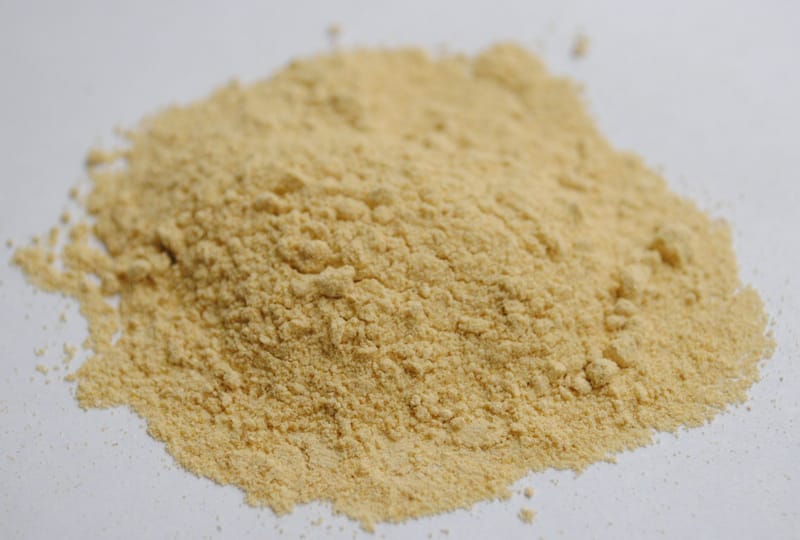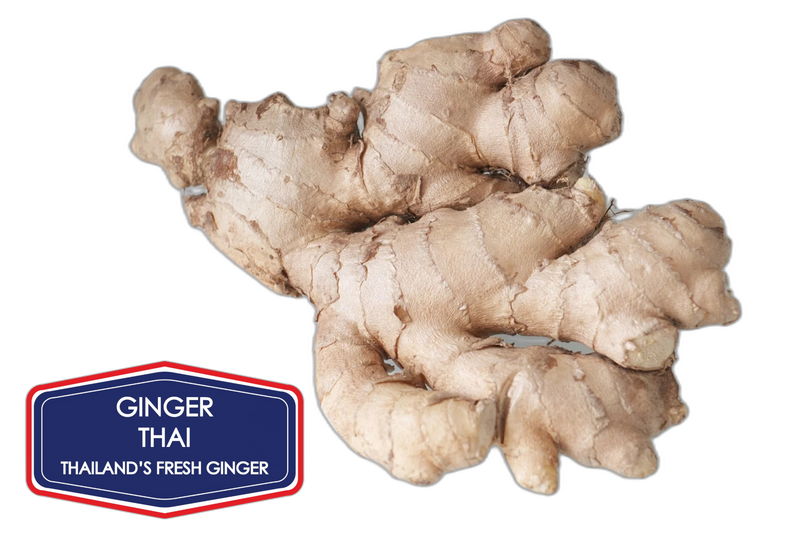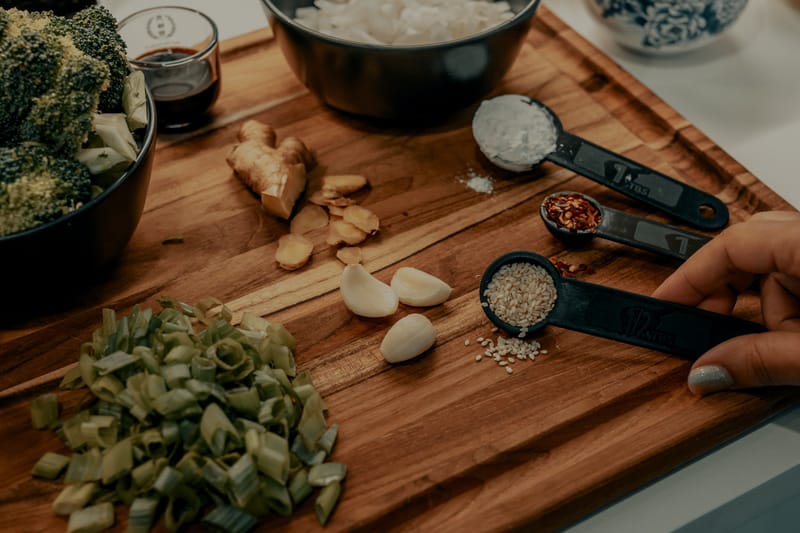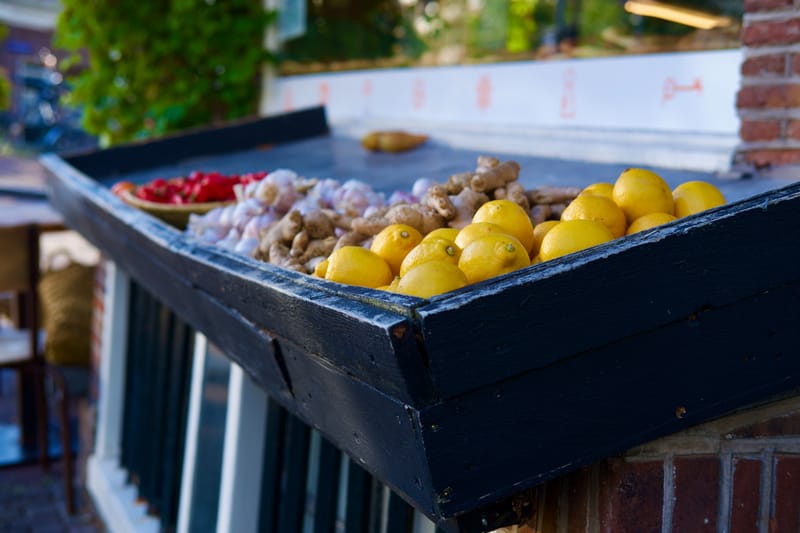Blog #Gingerroot
Welcome to the world of Fresh Ginger
Ginger, known for its distinct flavor and numerous health benefits, has a rich history and cultural significance in the United States. From being used in traditional remedies to spicing up culinary creations, ginger has found its way into the hearts and kitchens of Americans.
Read MoreOnce your ginger harvest is complete, it's time to prepare it for consumption or further processing. Start by cleaning the ginger rhizomes, removing any dirt or debris. Then, sort them based on size and quality, discarding any damaged or rotting pieces.
Read MoreAbsolutely! Fresh ginger can be used in a variety of beverages beyond hot tea. You can incorporate it into refreshing iced teas, smoothies, juices, and even cocktails.
Read MoreWhether you're exploring traditional Thai cuisine or experimenting with fusion recipes, Thailand's fresh ginger is the secret ingredient that will transport your palate to a world of culinary bliss.
Read MoreYes, ginger has long been used as a natural remedy for various digestive issues. It contains compounds that can help stimulate digestion, reduce nausea, and alleviate stomach discomfort
Read MoreOne of ginger's most well-known benefits is its ability to aid digestion. It can help relieve nausea, reduce bloating and gas, and promote overall digestive comfort. So next time you're feeling queasy or have eaten a bit too much, reach for some fresh ginger slice.
Read MoreYes, there are organic and sustainable farming practices employed by some ginger producers in Australia. These practices focus on minimizing environmental impact, promoting biodiversity, and reducing the use of synthetic pesticides and fertilizers.
Read MoreGinger is typically grown from rhizomes, which can be purchased from garden centers or harvested from mature ginger plants. The rhizomes are planted in shallow trenches, and after a few weeks, sprouts will emerge from the soil. Ginger requires consistent watering, and the plants will mature in about 8-10 months.
Read MoreFuture research on dry ginger may focus on its potential to prevent or treat various types of cancer. Studies have shown that some compounds found in ginger may inhibit the growth and spread of cancer cells, particularly those found in the colon and pancreas.
Read MoreGrowing ginger can be a rewarding experience, but it doesn't come without its challenges. One of the biggest obstacles to successful ginger production is managing pests and diseases. Here are some of the most common pests and diseases that you need to watch out for in ginger farming:
Read MoreThai ginger chicken soup and Thai ginger smoothie are two recipes that can help boost your immunity. Thai ginger chicken soup is made with chicken broth, Thai ginger, garlic, and chicken. The broth helps with hydration while the ginger, garlic, and chicken provide immune-boosting benefits. Thai ginger smoothie is made with fresh ginger, pineapple, and banana. This smoothie is packed with vitamin C and anti-inflammatory properties.
Read MoreIncorporating Thai fresh ginger into your cooking can add a zesty and flavorful twist to your dishes. Whether you use it in stir-fries, soups, or desserts, fresh ginger is a versatile and healthy ingredient that can boost the flavor and aroma of your dishes. Don't be afraid to experiment with different Thai spices and ingredients to create new and exciting flavors in your cooking.
Read More